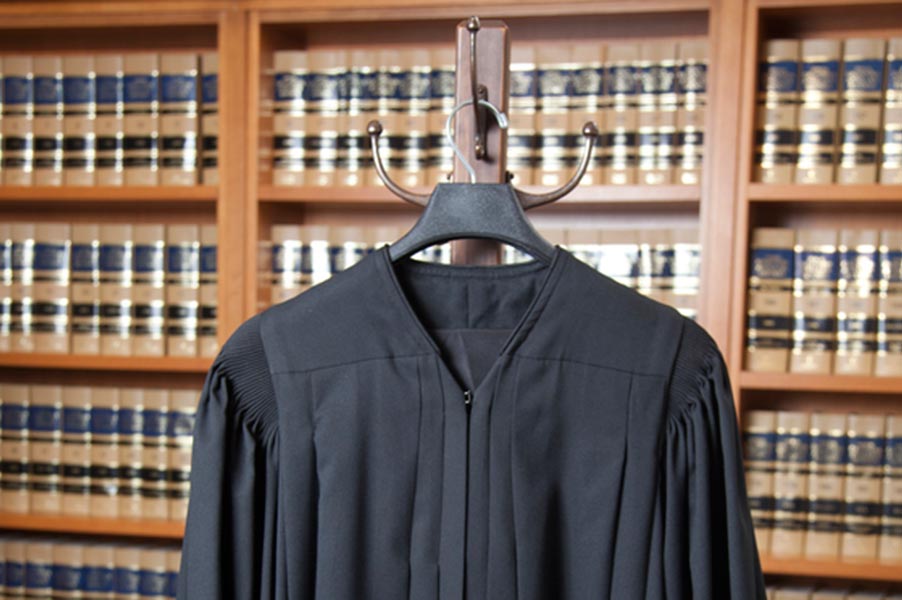A federal judge has rejected a request by the U.S. Department of Justice to avoid ruling on the legality of the Americans with Disabilities Act’s exclusion of gender-identity disorder as a protected disability.
On Sept. 21, U.S. District Judge Joseph F. Leeson Jr. ordered the DOJ to file paperwork by Nov. 16 clearly stating its position on GID’s exclusion.
Kate Lynn Blatt, a Pottsville trans woman, is challenging GID’s exclusion as part of her antiibas lawsuit against Cabela’s Inc. She claims the GID exclusion violates her constitutional right to equal protection under the law
Cabela’s is a retail store in Hamburg specializing in outdoor sports items. Blatt worked there a seasonal stocker from September 2006-March 2007.
Blatt claims Cabela’s discriminated against her on the basis of her disability — gender dysphoria — by denying her access to a female restroom and a female name tag. Blatt claims she had a right to those “reasonable accommodations.”
But the DOJ asked Leeson to defer ruling on whether the GID exclusion in the ADA is legal until a sex-discrimination claim by Blatt is adjudicated.
If Blatt is successful in her sex-discrimination claim, there won’t be a need for the legality of the GID exclusion to be addressed by the court, according to the DOJ.
Attorneys for Blatt and Cabela’s disagreed with the DOJ’s reasoning, noting that even if Blatt were successful in her sex-discrimination claim, there could still be a need for another jury trial pertaining to the GID exclusion.
Holding two trials in the case would be a waste of judicial resources, both sides maintained.
“The DOJ’s stated position runs contrary to basic notions of judicial economy and efficiency,” said Brian C. Farrell, an attorney for Blatt. “We’re very grateful that Judge Leeson said [GID exclusion] needs to be addressed.”
Options for the DOJ include defending GID’s exclusion, using a different argument to urge Leeson to avoid ruling on the issue, or writing a letter to Congress explaining why GID’s exclusion can’t be defended.
Nicole Navas, a DOJ spokesperson, declined to comment for this story.
Blatt is seeking an unspecified amount in compensatory and punitive damages from Cabela’s.
But Cabela’s claims Blatt was properly dismissed after she threatened a coworker’s child — an allegation which Blatt vehemently denies.
“Cabela’s maintains it did not discriminate or retaliate against Ms. Blatt in any way, and acted at all times pursuant to legitimate nondiscriminatory business reasons,” Cabela’s said in a court filing.
The ADA protects people with disabilities from discrimination in private employment, public accommodations and governmental services.
Cabela’s hasn’t taken a position on whether GID’s exclusion in the ADA is constitutional.
Jennifer L. Levi, director of Gay & Lesbian Advocates & Defenders’ Transgender Rights Project, said: “We were pleased to see Judge Leeson order a response from DOJ. We believe the case squarely calls into question the constitutionality of the transgender exclusion from the ADA. We do not think there is any justification for the exclusion of this marginalized and vulnerable community. And we’re hopeful that DOJ will file papers in agreement with the position we set forth for the court.”

